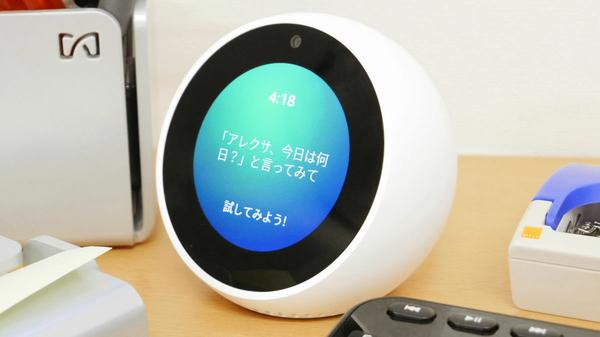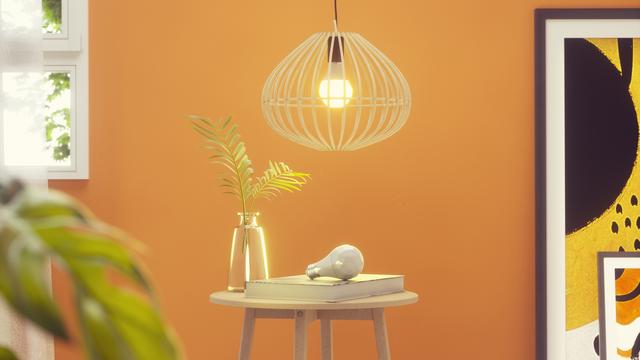All you need for a smart home is smartness.
What the tech industry likes is to work with something. There are some things that are good for consumers by collaborating with major companies, but where are they going diagonally? In some cases. However, the one with great expectations is this, Project CHIP.
This is an open source corporate partnership launched in 2019 with the goal of standardizing smart home terminals.


Unified IoT protocol
According to the source The Verge, at a webinar hosted by the Zigbee Alliance, CHIP participating companies will release CHIP standard compatible terminals by the end of the year. Although it is delayed due to the influence of the corona pandemic, it seems to be in time for the year-end sales season. According to the Zigbee Alliance, the first product will be lighting equipment, blinds, air conditioning systems, televisions, etc.
… What is CHIP in the first place? CHIP is an acronym for Connected Home over IP, and is a project aimed at easily linking various smart home terminals made by various companies. Apple, Google, Amazon and Zigbee are founding members of CHIP, and more than 170 companies are currently participating in the project. The CHIP standard is centered around three technologies: Bluetooth LE, Wi-Fi, and Thread (Bluetooth is for SetCep, Wi-Fi is for connecting high bandwidth terminals, and Thread's mesh network is for low bandwidth. ) Being a coordinator, allocating to technology according to the task.
Thread is a relatively new protocol, and in 2014 Google acquired Thread to unify Nest devices. With Apple's support for Thread in 2018, it's now one of the industry's leading technologies. Thread terminals can be linked with all Thread compatible terminals, not just manufacturers. It consumes less power than Wi-Fi and Bluetooth, and has the great advantage of having a good battery life for wireless terminals such as smart sensors. As the smartness of the house progresses in the future, the number of terminals that cooperate with each other will increase, but it is also attractive that Thread can support up to 250 terminals (although there is a feeling that there are so many). Although Thread is still under development, some existing products are already compatible with Thread, such as Google's Nest Hub, Apple's HomePod Mini, and Nanoleaf bulbs.
Right now, it's a little chaotic smart home area, so if new things are added here, I'll be confused. However, because it is chaotic, we need something to summarize this. I hope that the CHIP standard will spread and that smart terminals from a wide range of manufacturers can be easily linked. In the near future, such a day may come at the end of the year at the earliest.
Source: The Verge
